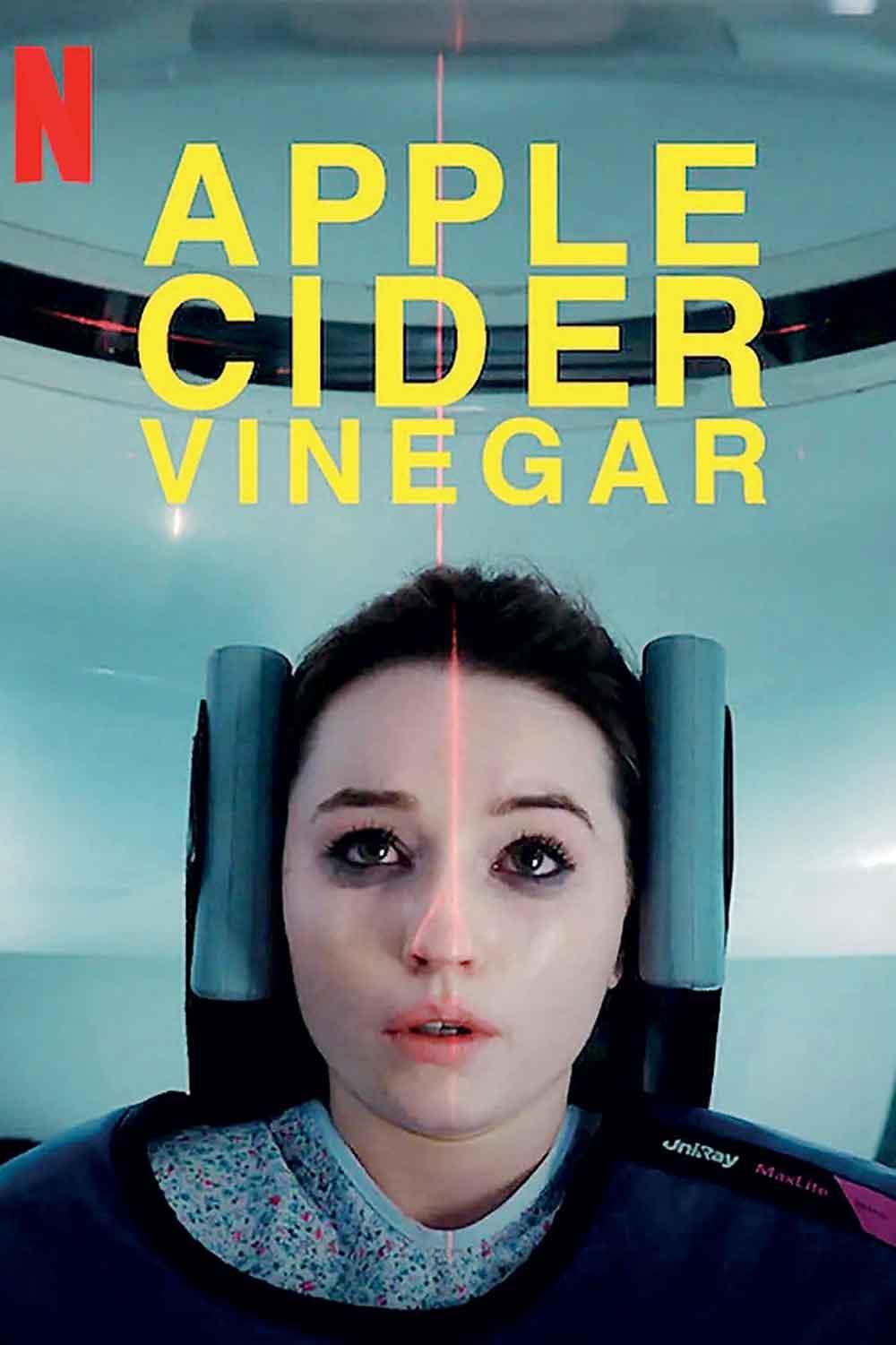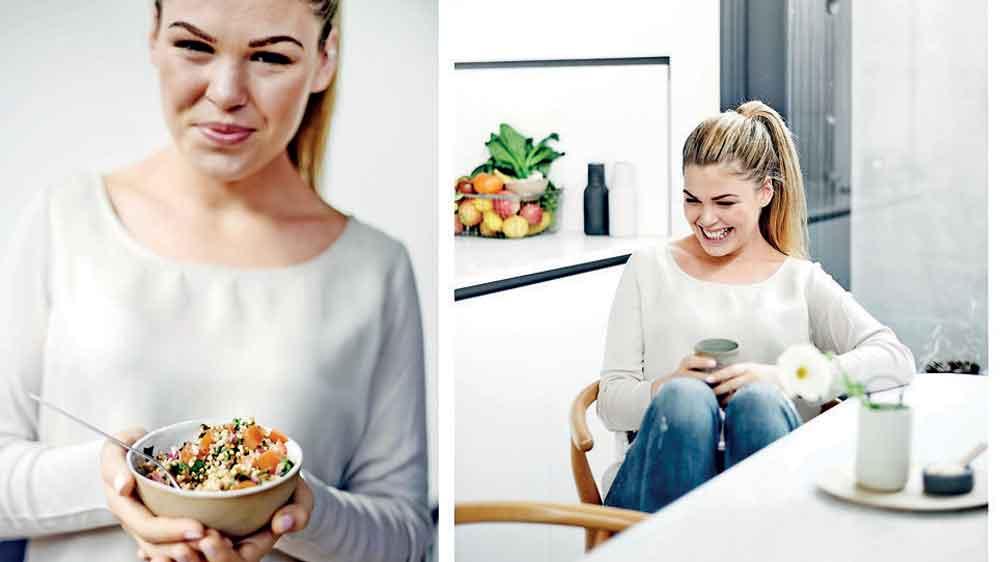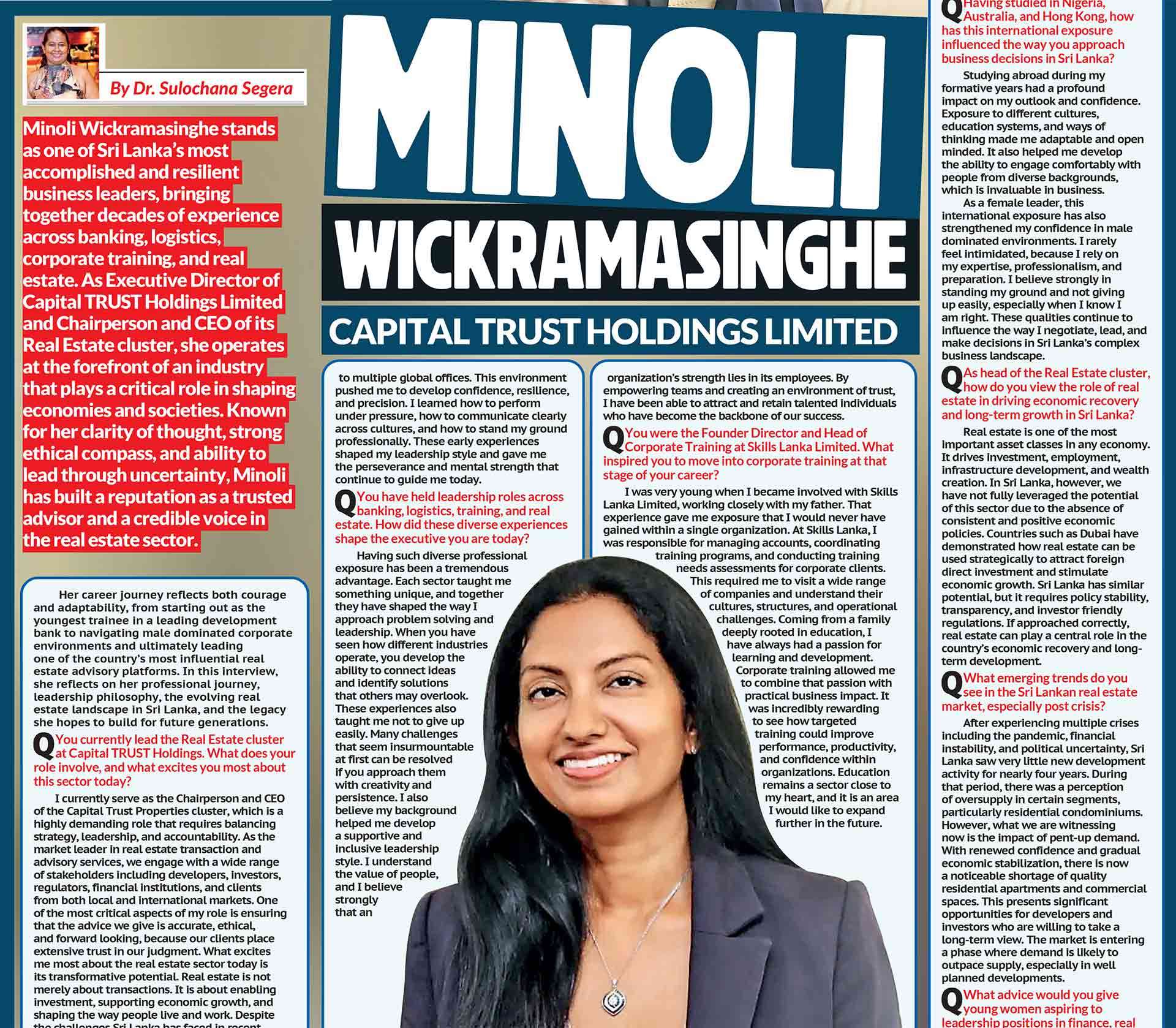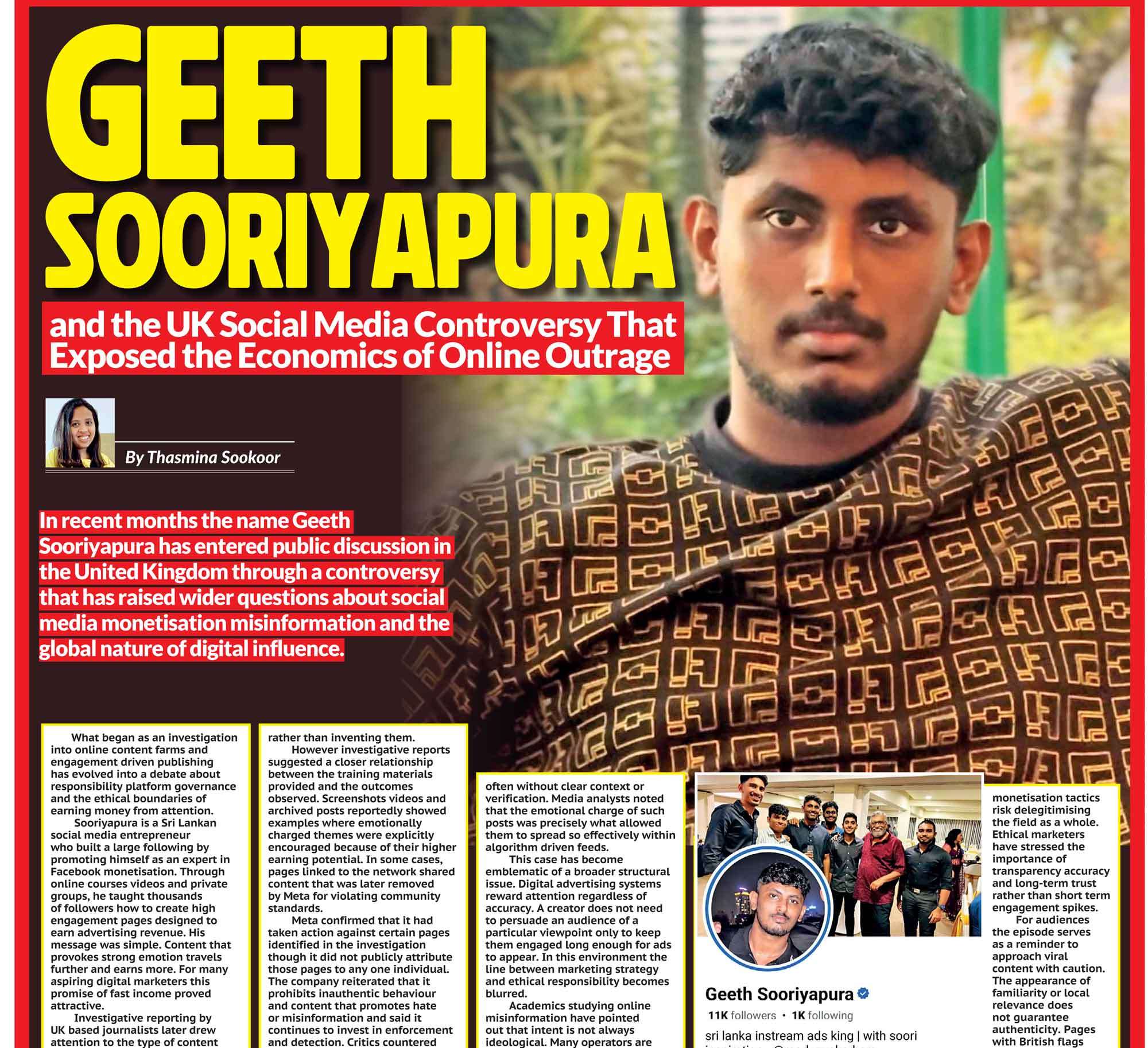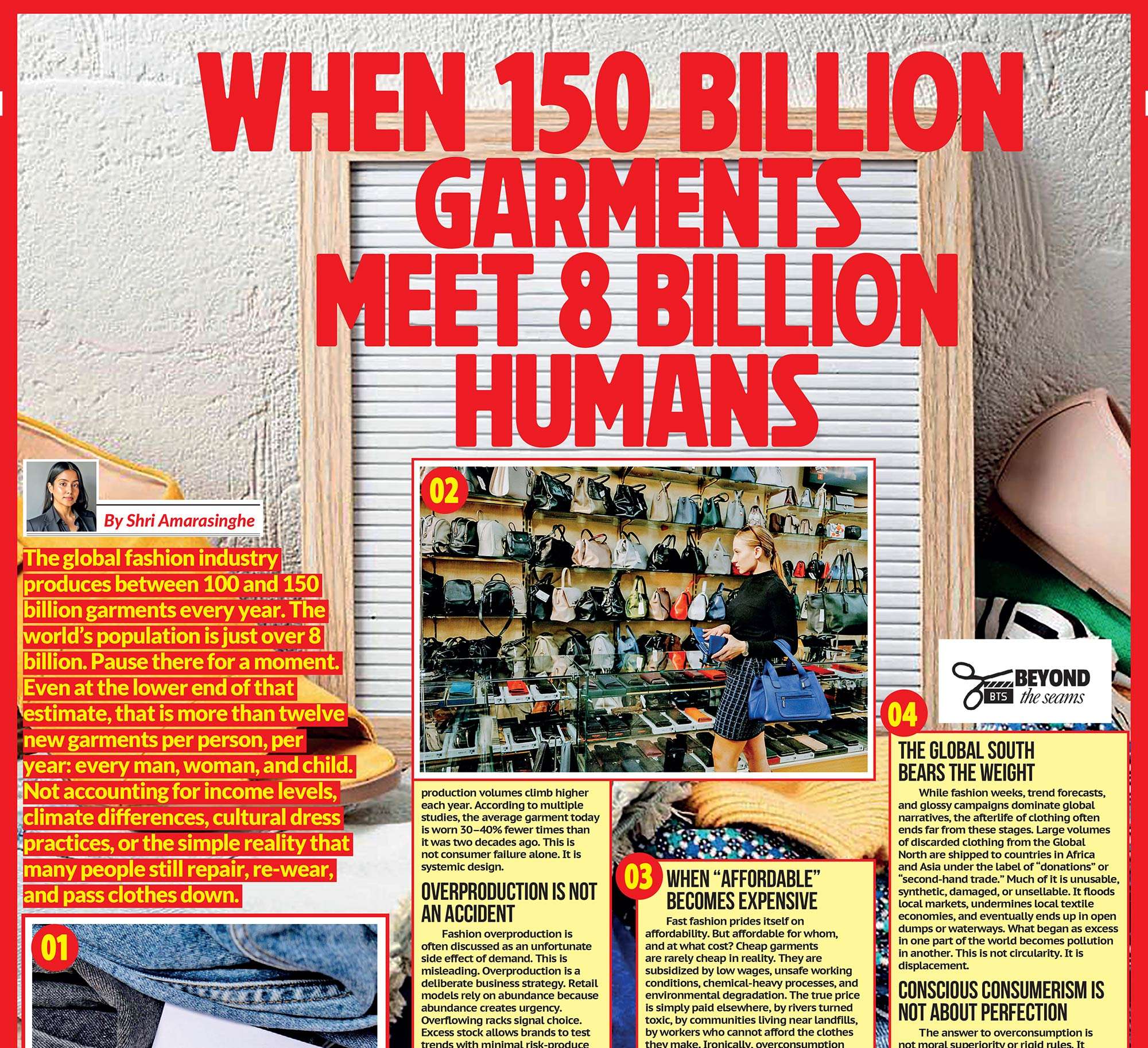What Netflix’s Latest Documentary Teaches Us About Misinformation in Wellness Culture
What if the health advice you followed online wasn’t just wrong; but dangerous? Netflix’s new documentary, Apple Cider Vinegar dives into the murky waters of wellness influencers and takes a hard look at how social media influencers can spread harmful misinformation under the guise of wellness.
 The documentary follows the story of a young Australian woman who built a massive online following after sharing her battle with terminal cancer and her decision to pursue natural, alternative treatments. Her raw, heartfelt posts inspired thousands, bringing hope to thousands of people facing similar battles. But in 2015, the narrative took a sharp turn. Two investigative journalists revealed that her story wasn’t entirely true, she never had terminal cancer, and the “healing” methods she promoted were not just unproven, but completely fabricated. The fallout was swift, but the damage had already been done. It’s a gripping and painful reminder of how powerful personal stories can be and how dangerous they become when they’re not grounded in truth.
The documentary follows the story of a young Australian woman who built a massive online following after sharing her battle with terminal cancer and her decision to pursue natural, alternative treatments. Her raw, heartfelt posts inspired thousands, bringing hope to thousands of people facing similar battles. But in 2015, the narrative took a sharp turn. Two investigative journalists revealed that her story wasn’t entirely true, she never had terminal cancer, and the “healing” methods she promoted were not just unproven, but completely fabricated. The fallout was swift, but the damage had already been done. It’s a gripping and painful reminder of how powerful personal stories can be and how dangerous they become when they’re not grounded in truth.
We like to think we’d never fall for something like that, but the truth is, in the right emotional state, we’re all vulnerable. That’s exactly what makes wellness misinformation so potent. Influencers often present themselves as relatable, trustworthy, and authentic. They’re not speaking in complex medical terms, they’re speaking from “experience.” That experience becomes their credential. But when someone is facing a serious diagnosis, struggling with chronic health issues, or desperate to lose weight, that personal testimony can seem far more persuasive than a doctor’s advice or a scientific study.
Two investigative journalists revealed that her story wasn’t entirely true, she never had terminal cancer, and the “healing” methods she promoted were not just unproven, but completely fabricated
This isn’t just about one person or one scandal, it’s part of a much bigger problem that’s been brewing online for years. Social media has become a hotspot for wellness trends that are often more about aesthetics and algorithms than actual health. Just scroll through your feed and you’ll likely see influencers promoting “cortisol detoxes,” “gut cleanses,” meal-replacement powders, and even off-label use of prescription drugs like Ozempic, all without a shred of scientific backing.
These trends might sound harmless or even health-promoting, but many come with real risks. For example, using Ozempic without medical supervision can lead to serious complications, especially in people who don’t meet the criteria for its intended use. Similarly, gut cleanses and detox teas can disrupt your digestive system, cause dehydration, and even interact poorly with medications. Yet these practices are often promoted under the umbrella of “wellness,” leaving consumers unaware of the potential harm.
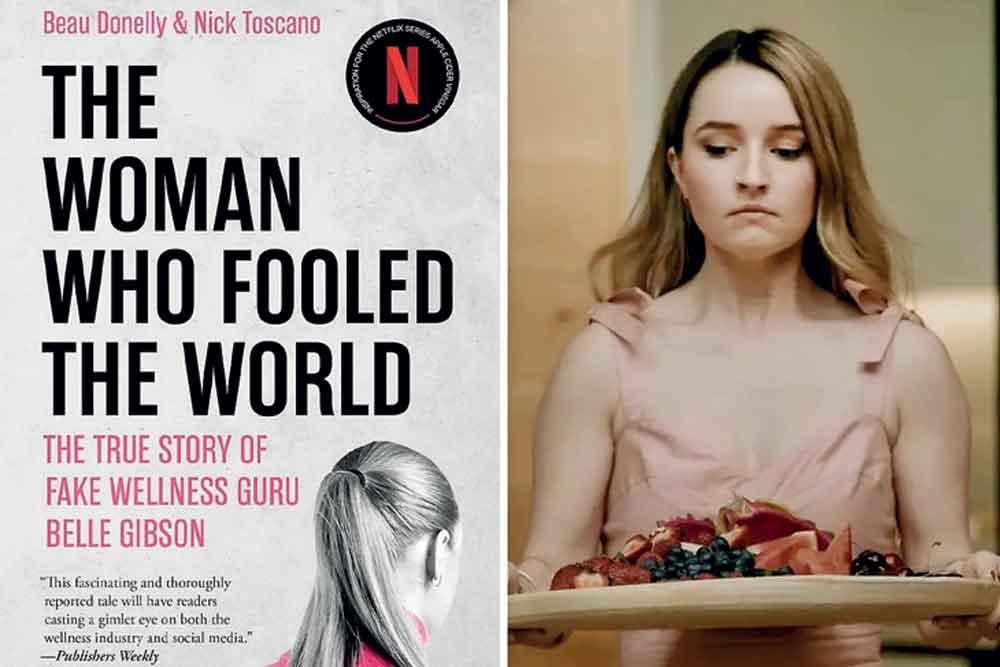
As Apple Cider Vinegar makes clear, when we put a message out into the world, we don’t always know the effect it will have. What starts as a seemingly innocent story or personal journey can spark movements, sway vulnerable audiences, and ultimately cause people to abandon science-based medicine. That’s not to say we shouldn’t share our stories or talk openly about our health. But there’s a big difference between sharing a journey and promoting unverified, potentially dangerous health practices to millions of followers.
It’s time we became more critical consumers of health content. Here’s the thing: not all information is created equal. Just because it’s gone viral doesn’t mean it’s valid. And just because someone looks like they’ve got their life together doesn’t mean they’re qualified to give health advice.
For example, using Ozempic without medical supervision can lead to serious complications, especially in people who don’t meet the criteria for its intended use.
The good news is, we can take control - we can ask questions, demand evidence, and think twice before sharing that next “miracle cure” with friends or family. We can follow registered health professionals, check sources, and stay curious without being gullible.
Because in the end, what Apple Cider Vinegar teaches us isn’t just about one influencer’s lie, it’s about the importance of protecting ourselves and others from the ripple effects of misinformation. In a world where anyone can be a wellness expert with the right filter, the real power lies in becoming savvy, evidence-seeking consumers.
So the next time a video promises to fix your hormones in 30 days or eliminate all bloating with a single supplement, take a breath and ask yourself: is this too good to be true? Because if it is, it probably is.
